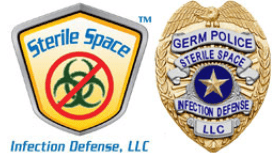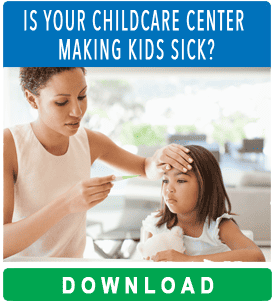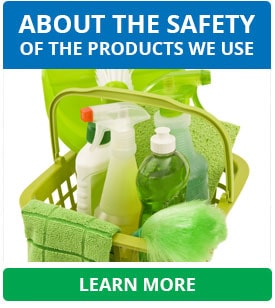Originally Published By American City & County
Facility managers today are faced with the dual challenges of reducing the risk of pathogen transmission and meeting the heightened expectations of an increasingly hygiene-conscious public. As a result, they are under intense pressure to choose the right equipment and tools for their offices. Restrooms, due to their small size, high traffic, and often poor ventilation, are a particular health concern for many people today. Approximately 73% of people say they feel more unsafe using facilities with unhygienic public restrooms due to the COVID-19 pandemic.
By leveraging Tork and OMNIA Partners, which is available through your favorite distributor’s cooperative contract, there is a simple solution: changing out jet air dryers for paper towels. This change can do a lot to reduce the spread of germs through the air and on surfaces in office restrooms and meet users’ preferences.
Although air dryers have been accepted as just another way to dry your hands in the past, users are now starting to question their options. Jet air dryers can spread up to 10 times more bacteria than paper towels. Studies show they disperse more bacteria into the air and produce more airborne droplets. Plus, jet air dryers can only serve one person at a time—resulting in lines and waits to use them and potentially hindering social distancing efforts. Finally, 62% of users say they stop using dryers before their hands are completely dry because they take too long.
Besides reducing the spread of bacteria and other microbes through the air, the mechanical action of rubbing paper towels on hands is better at removing various types of pathogens. Using warm air dryers and jet air dryers has been shown to be less effective than paper towels in reducing bacteria on the fingertips. Using paper towels also resulted in lower rates of virus contamination on hands and clothing compared to using a jet air dryer.
>>CLICK HERE to Read the Full Article on AmericanCityandCounty.com





